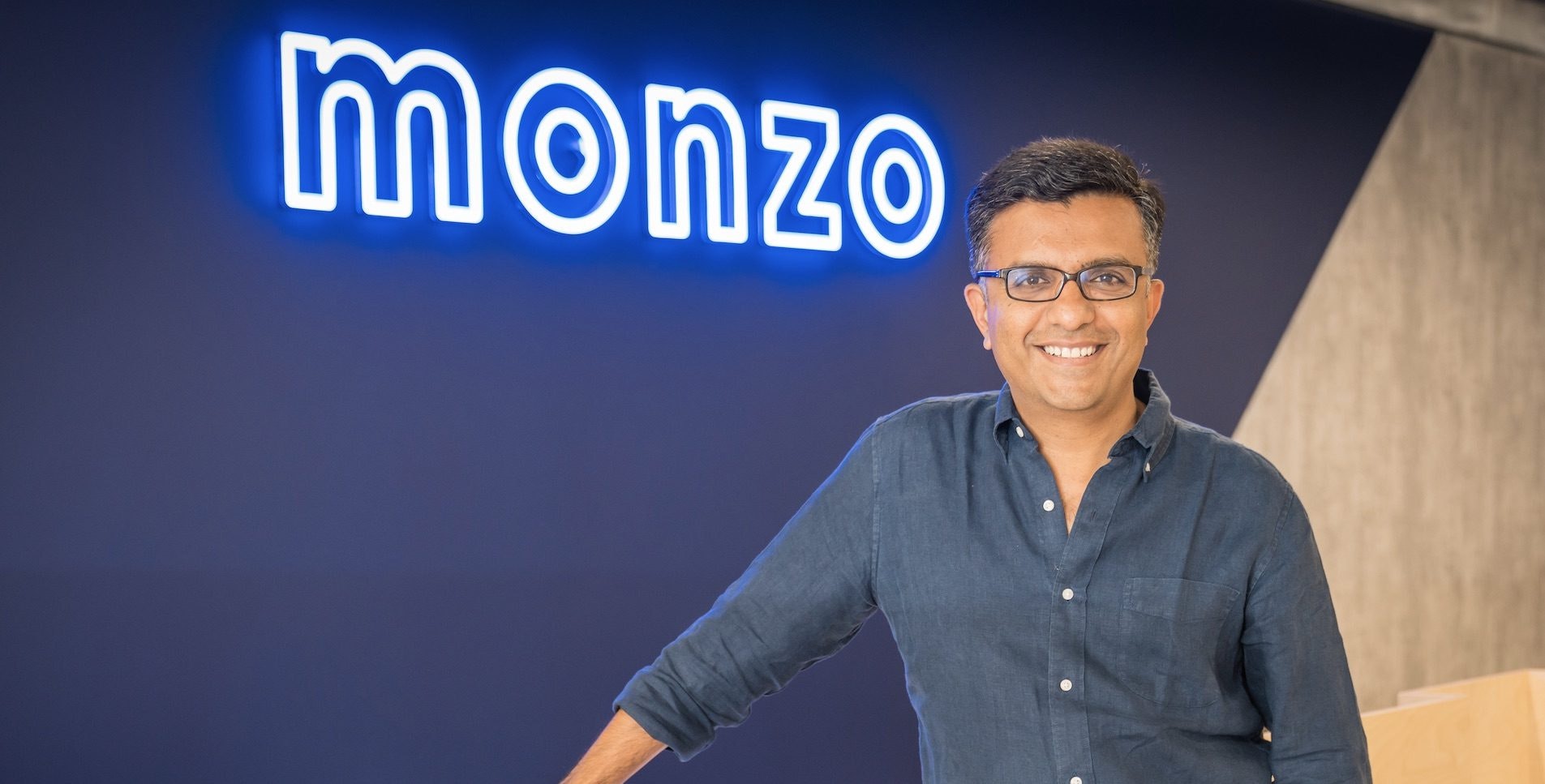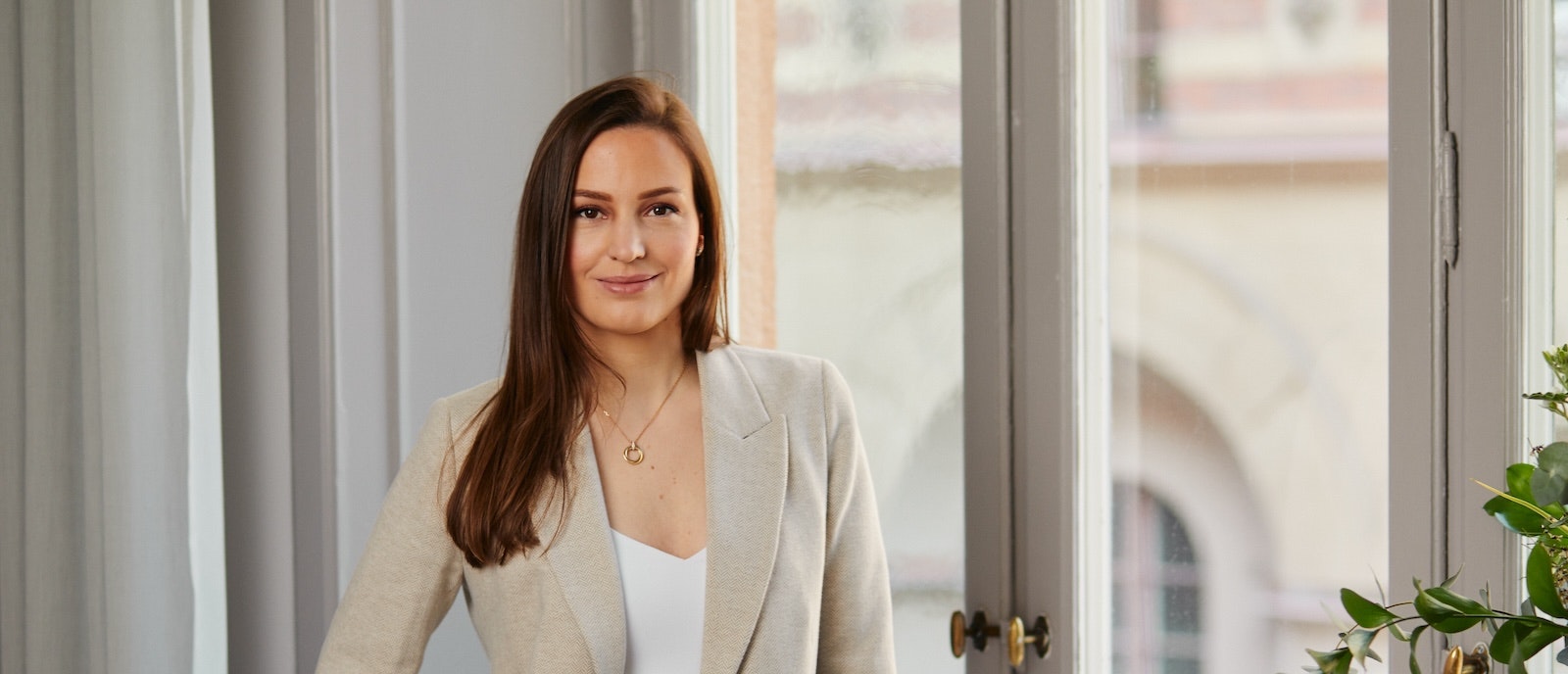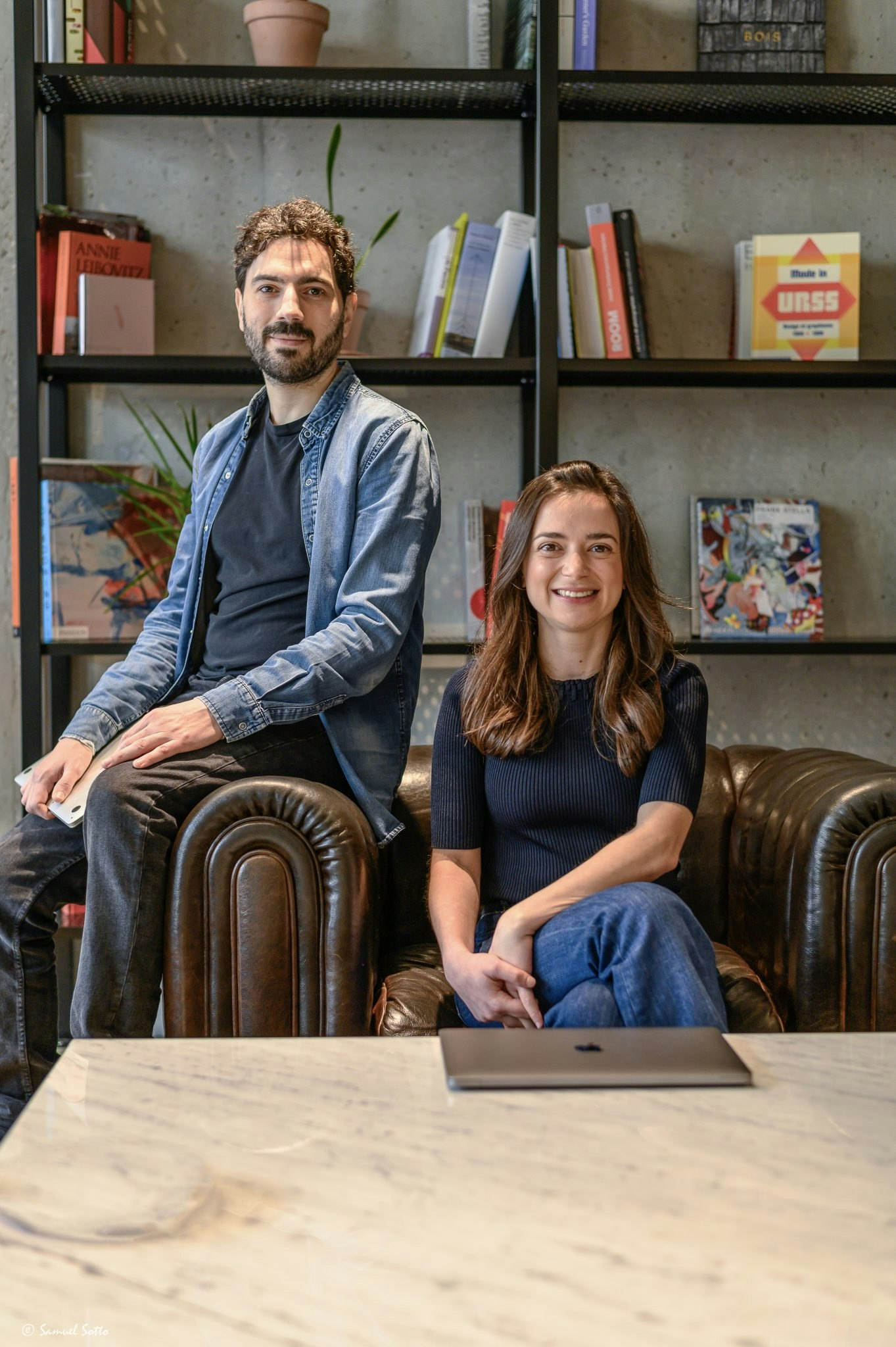It’s been a tough time for fintech: 2023 saw the value of deals in the sector — which includes startups that run the gamut from neobanks to trading apps — plummet over 65% in Europe, per PitchBook data, while once-active early-stage VCs pulled back on their fintech budgets.
Now even well-funded fintechs are facing a reckoning. VCs are scrutinising new fintech investments, and interest rates (a key source of revenue for many of these companies) may start inching back down. There are also heaps of companies, including some big fintechs, waiting in the IPO wings, many of which may struggle to justify their valuations — to the public markets or a private buyer.
Where does that leave the sector now? Sifted recently sat down with Simon Schmincke, general partner at VC firm Creandum, to ask just that. Creandum’s portfolio includes several of Europe’s biggest fintechs, namely Klarna, Pleo and Trade Republic.
We covered the biggest challenge fintechs will face in 2024, the likelihood of fintech IPOs, the rise of M&A and why AI might be facing the same problems as fintechs today in five years’ time.
The following Q&A has been edited and condensed for clarity.
Among the large fintechs that you’re invested in and following, what big challenges are they facing?
Schmincke: Those who are not profitable have a problem getting more money right now… There are companies who are doing really well, but there are a huge number of companies which probably shouldn't have been started… Right now we see a lot of fintechs that are coming to the realisation that what they have to offer isn't maybe a sustainable business — 70 out of 100 fintechs.
I’m not worried about fintech as a category; I'm worried about any category too much money has flowed into and it was en vogue and hip to start a fintech.
Right now, a ton of money goes into AI and into climate. We will have this talk in five years, when these two categories have attracted 30% of the money, and we will say, “Okay, is there a problem?” The answer is no, it's not a problem, but if you put a ton of money into those companies, that attracts a ton of entrepreneurs, and some of them will fail.
There's a lot of M&A happening right now. There are companies failing and going bankrupt which have raised a ton of money. It's even more shocking or surprising if a company has raised $100-$150m and then goes bankrupt. Now the question is, who gave them $150m? Why did they not see that coming — that there is not a business to be made here? That is, I think, the critique that the VCs also have to ask themselves: why did you blindly put so much money in? No VC hasn't made these mistakes. We're part of that game as well.
What are you expecting to see this year in terms of M&A? Companies sold for parts or wholesale acquisitions?
All of that… Out of my large fintechs that I work with, all of them are currently in the process of buying smaller companies, or already have in the last 12 months. All of them.
Every week, our large fintechs at Creandum get approached by smaller companies that say, “Should we talk?” And then you look at the books and you know if we talk in a month, then we can buy you for even cheaper. That’s happening.
What about IPOs? Would N26 or Pleo go public soon?
No one is going public soon. An IPO is for sure on the roadmap for any fintech of that size, where it just becomes more difficult to be bought. I mean, Deutsche Bank has, what, a [$24bn] market cap? Trade Republic in its last round was at $5bn, when it was a third of the size it is today. One could argue they are maybe worth $8bn, $9bn today — that's a third of Deutsche Bank's value. I'm not sure Deutsche Bank would give a third of its equity away to buy Trade Republic.
For N26 or Pleo, the reality is there isn't a large universe [of acquirers] who buy companies for $10bn. All of them need to consider an IPO route… But then they need to have a good story for the public of why they shouldn't be valued on the same criteria as a Deutsche Bank — if you are valued on the same multiples, and your base numbers are so much lower than Deutsche Bank, you have a problem.
(Editor’s note: Schmincke led an investment in N26 at a previous firm.)
Is 2024 when the IPO window reopens?
Many VC funds have a good amount of companies on the books which are, looking through 2021 glasses, amazing companies — hundreds of millions of revenues, many of them profitable, at valuations that we don't want to sell them for… I think the number that I heard was there were [1,500] billion-dollar companies private today who are waiting for the IPO window to happen. That's a disaster that we don't even start talking about. Because no market has the capacity to take [1,500] companies public.
So is it just going to be, only the best go on to IPO?
No one knows — are multiples going to be compressed even further? Are people staggering it? Is it time for large cap PE to gobble them up? …Will we see a ton of IPOs in '24? I don't think so.
Heading further into 2024, what's one thing that you think is going to be on the minds of a lot of these fintechs?
Margins. That's the number one topic in every boardroom right now, and that is because TPV (total processing volume), or TTV (total transaction volume) — which was the number one metric that you would be valued on or considered — is still important, because it's the top number in the P&L and you look at what you actually make as a fraction of that. But running a company today, where you have massive transaction volumes or processing volumes, but you're still making negative margins, is no longer acceptable. And there are still many fintechs who have negative unit economics or razor-slim unit economics.



